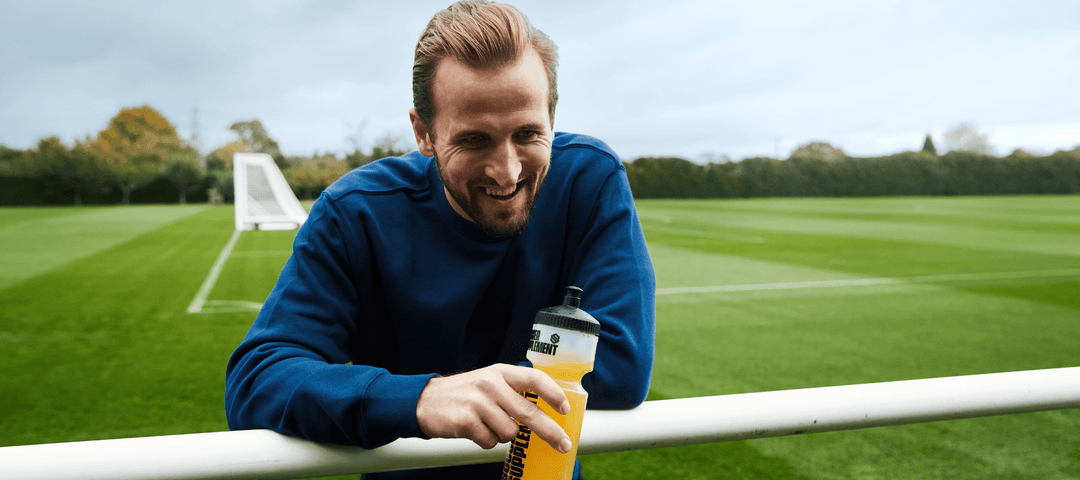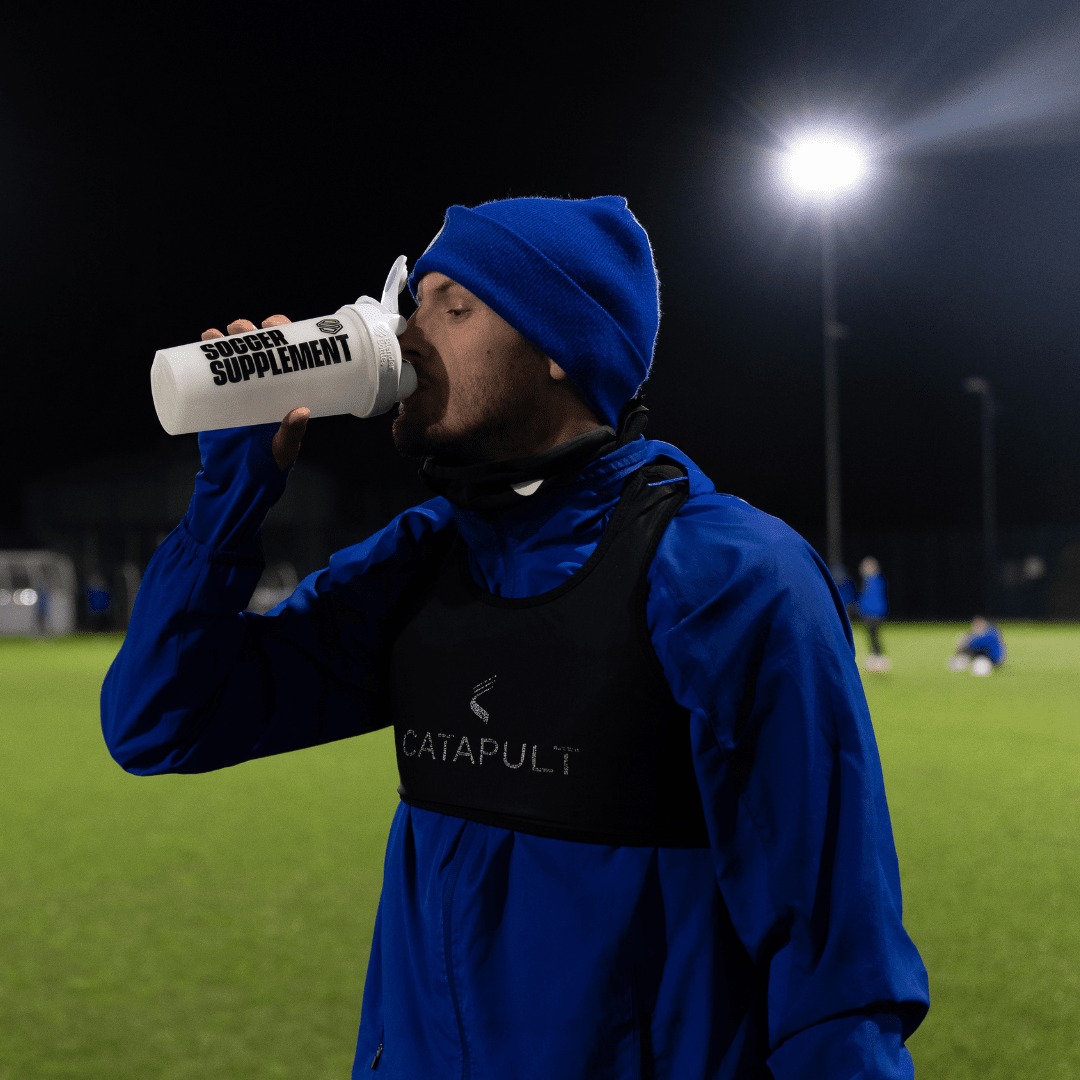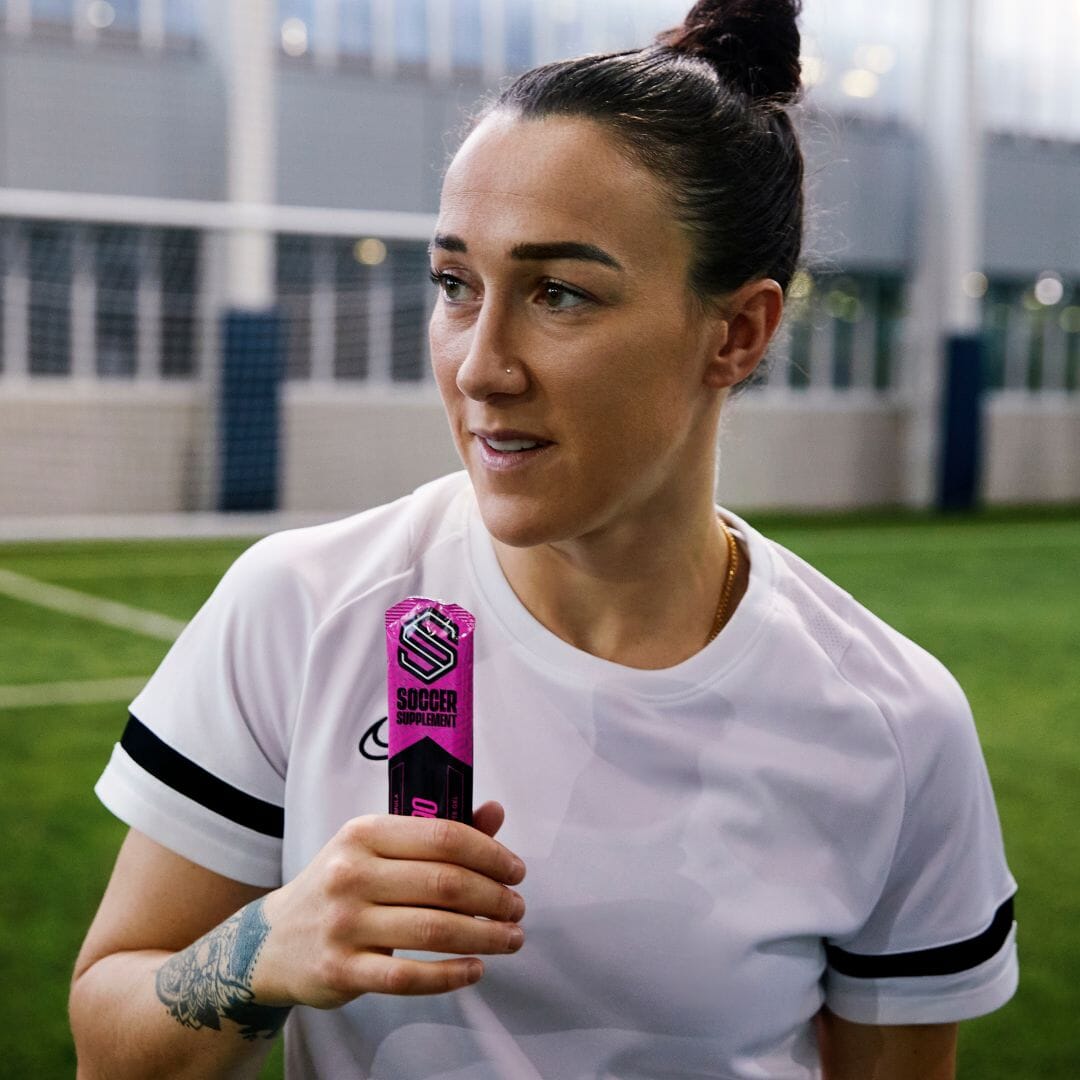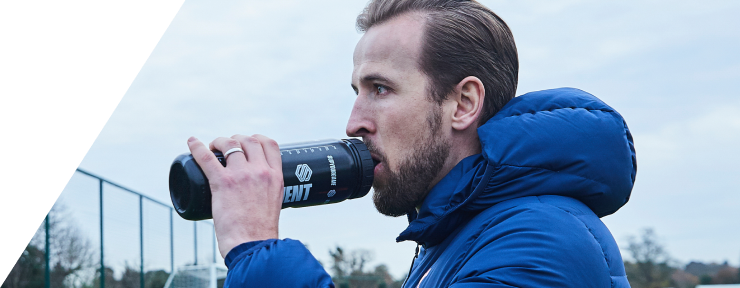The coronavirus pandemic and the resulting lockdown came out the blue. One day we were knocking the ball around the pitch as usual; the next we were cooped up indoors for four months, watching Tiger King and eating more biscuits than is socially acceptable!
While you may have started lockdown with good fitness intentions, it certainly became all too easy to fall into a more sedentary routine. Even with a daily run or garden workouts, you probably still find yourself some way off your usual match fitness as restrictions ease.
Now that gyms, tracks and pitches are all accessible once again, it’s time to shake off the crumbs and get back to your fittest self – and this article will help.
Start Slowly
It may sound obvious, but if you haven’t been training as usual, chances are you have lost some speed, strength or mobility. Returning to football after a period of restricted or even no training at all carries a lot of risk.
Muscle mass may have decreased, tendons may be stiff, and your cardiovascular system may have become deconditioned. In short, if you have taken training lightly over the past few months, don’t dive straight back into trying to beat your 5K personal best or perform a 42” box jump.
Ambition is critical, but doing too much too soon is an easy recipe for injury.
It’s therefore wise to err on the side of caution and start training slowly. As you begin training, lighten the load – aim for shorter times, distances and speeds. Be sure to listen to your body – it will soon tell you what is too much.
To start, don’t work out every day, no matter how tempting. Give yourself 48 hours rest between sessions to allow your body to adapt to higher loads than it has recently been used to. After the first week, you can gradually increase the intensity, volume and time of your sessions.
Warm Up
Warming up before regular gym sessions, football training and matches is always important, but this becomes even more critical when your body has had a lengthy break.
Ensure that your warm up is appropriate for the training you are about to do, whether that’s cardio, resistance or drills with the ball. Don’t forget to cool down afterwards.
Try Resistance Training
While many of us have had the opportunity to go for regular runs during lockdown, it’s been much harder for the majority to access heavy weights and specialised training equipment such as benches, barbells and squat racks.
However, resistance training for footballers is very important. Even if you didn’t work out with weights before lockdown, perhaps now is the time to start.
Inactivity can lead to the loss of muscle mass and, while few players want to take to the pitch with the hefty frame of Adebayo Akinfenwa, having a decent amount of muscle mass can be incredibly beneficial to your game. Having adequate muscle can help prevent injuries, while increasing your strength and power can improve your speed, acceleration and your ability to tussle for the ball.
Find a good resistance training program with a focus on lower-body compound movements, such as the back squat for developing strength, although be sure to include moves such as split squats to train each leg individually, and side lunges to train your lateral movement.
As above, make sure to start off slowly – you aren’t in a powerlifting competition. Work on mastering (or remastering) your form and the strength will follow. Even if you are already experienced in the squat rack, aim to lift 50% less weight that you usually would and work back up to your regular weight.
Pay Attention to Your Nutrition
However good your intentions, spending months stuck at home may have resulted in poor dietary choices for many. We won’t mention biscuits again…
Now, as you begin to regain your fitness, it’s time to focus on your diet.
Eating well throughout the week is essential for a fit body. Of course, good nutrition is even more important around both training and matches, so think carefully about what you consume in the hours that surround your exercise.
In particular, fuelling up with a quality carbohydrate source such as whole grains, fruits, vegetables and energy gels before a training session is important to top up your glycogen stores and give your muscles the energy they need. Our Fuel90 gels have everything you need.
After your session, consume adequate protein to help repair the muscle damage that occurs during training. It is recommended that you consume 2 to 2.5g per kilogram of body mass daily to maintain muscle mass.
You can eat high protein foods such as pulses, meat, fish, soy products and dairy, with protein supplements – such as our Whey90 or Vegan Protein – proving a convenient way to boost your numbers, especially after training (because who wants to knock back a tin of baked beans immediately after leaving the pitch?).
Meanwhile, taking a 5g daily dose of creatine monohydrate – one of the most researched and cost-effective sports supplements around – may help speed up muscle recovery. Check out our ultra-pure Creapure creatine, which is optimised for fast absorption in the body.
Of course, underpinning your entire nutrition plan is optimal hydration. Drinking enough water throughout the day is vital to remaining hydrated, although footballers will need to up their intake before, during and after training. Adding electrolytes in the form of an electrolyte drink, such as our Hydrate90, can help you replace the electrolytes lost in sweat.
Sleep Well
In your mission to regain fitness after lockdown, recovery is as important as training. When it comes to recovery, sleep is one of the best tools we have. While sleeping may not feel as important to your fitness as hitting the gym, it’s imperative to get some quality shut eye every night to allow your body to repair.
Aim for between 7 and 9 hours every night. While sleeping during lockdown was notoriously tricky for many people, practicing good sleep hygiene can help.
For example, try to have at least three hours between training and bedtime, limit your caffeine consumption after training, sleep in a cool room, and turn off all screens an hour before bed to improve the quality of your sleep.
Remember to take your training slowly, pay attention to your sleep, and eat well, and you’ll be back to match fitness in no time. Good luck!






